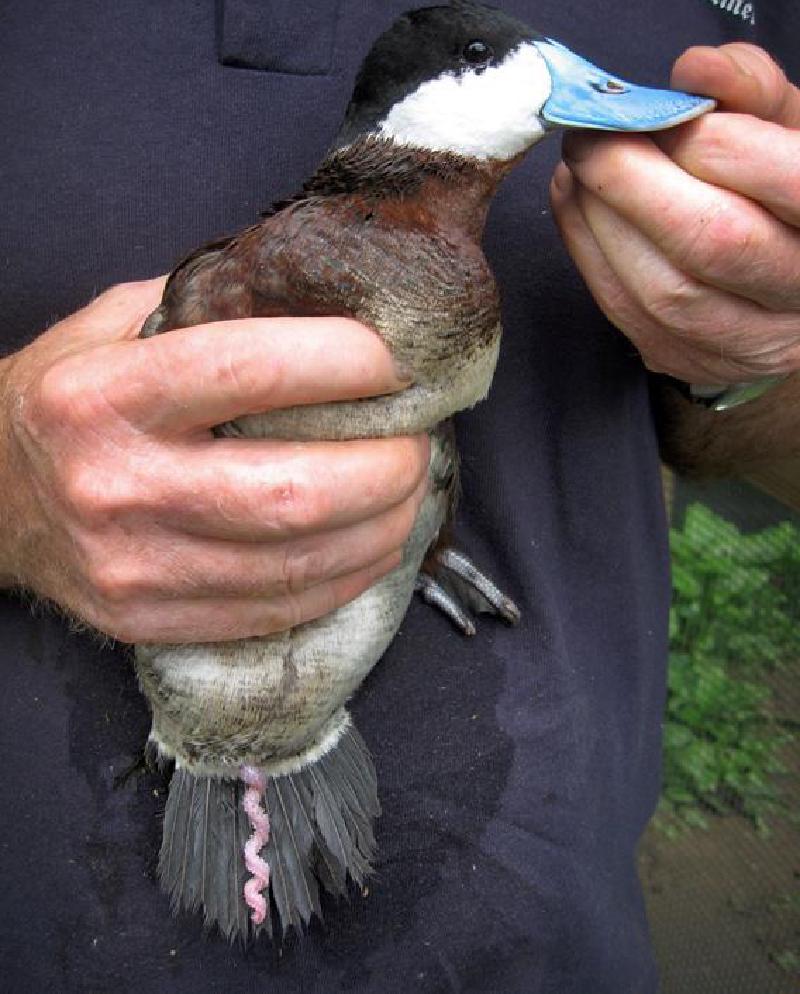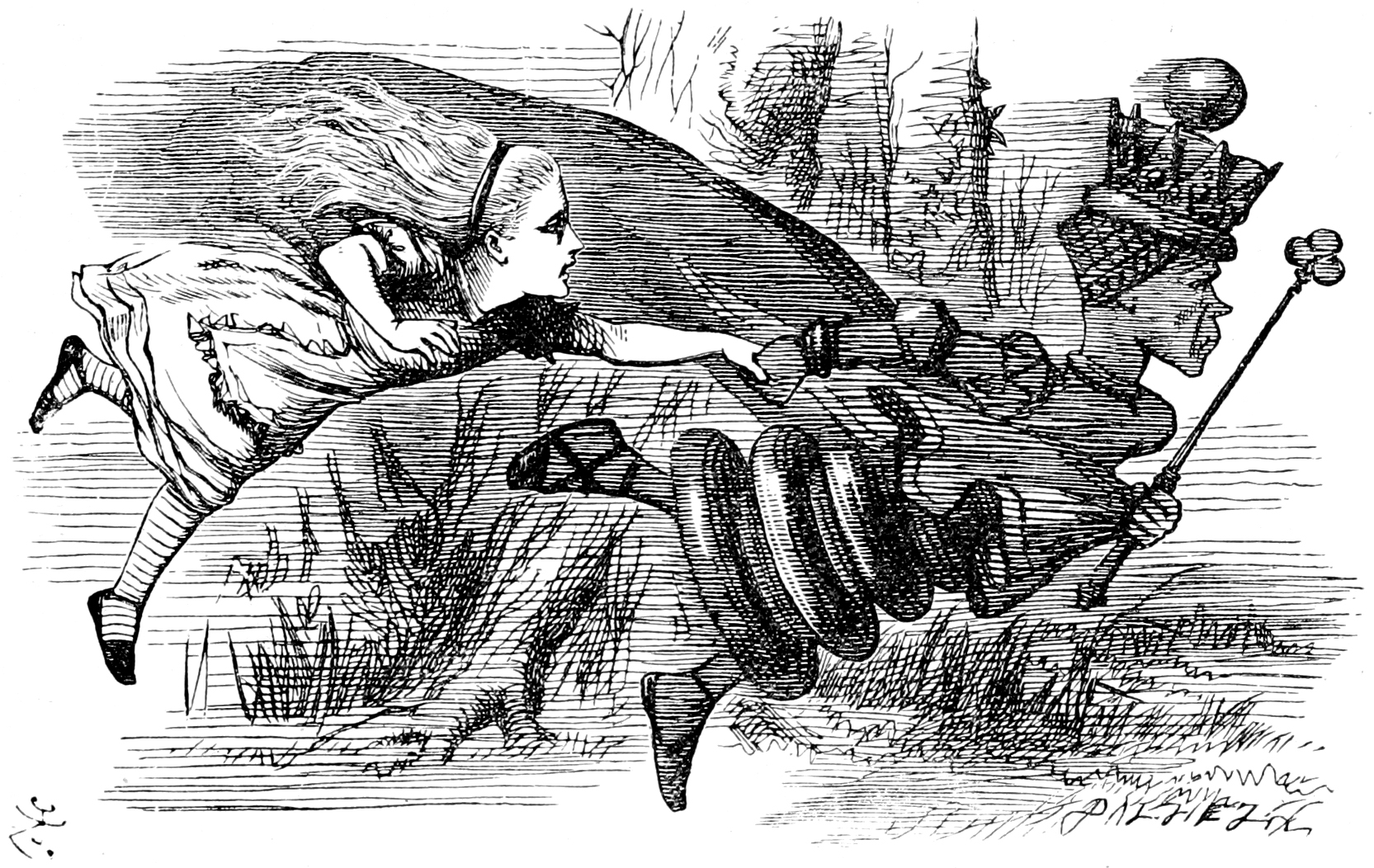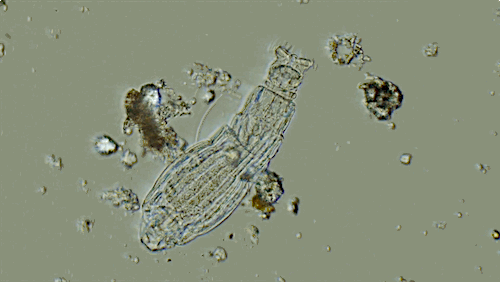Hello and welcome to another Daily Fun Fact From Flora
Today we are going to have a look at sex (baby let’s talk about you and me, let’s talk about all the good things * ahem *)
Calm down now. Things are going to remain strictly biologica l and strictly theoretical.
Mhmmm. Lookin at you. Keep your mind out of the gutter. We can save the nitty-gritty for another day (look forward to the corkscrew shaped penis of ducks).
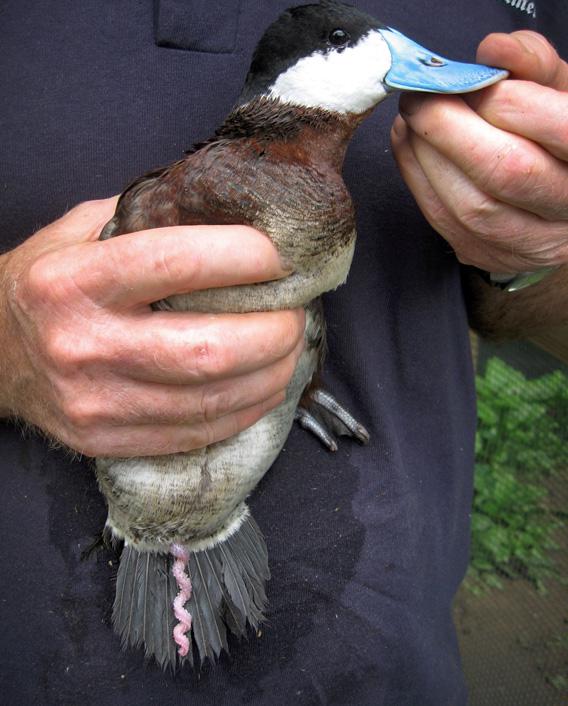
(yeah no kidding I had a lecture on them)
BUT HERE we are not looking at funny-shaped penises , we are looking at sex defined as biparental mating or the bringing together of two distinct gene sets.
Now — sex is considered to be one of evolution’s biggest mysteries. One of the main reasons it is so confusing is because of the two-fold cost of males.
Flora, what in GOD"S NAME are you on about?
Thank you for asking so nicely.
Well if you think about it, males don’t actually produce offspring , they just fertilise eggs.
That means that an asexual population that stops producing males is in BUSINESS because all individuals can make more individuals.
That means (in a world where everyone only has two offspring) an asexual female will produce twice as many daughters and four times as many granddaughters as a sexual female.
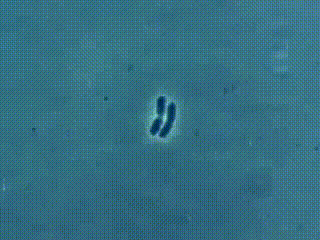
This means that if one of the individuals in a population randomly mutates and becomes asexual they will be at a serious reproductive advantage and so the population will look like this:
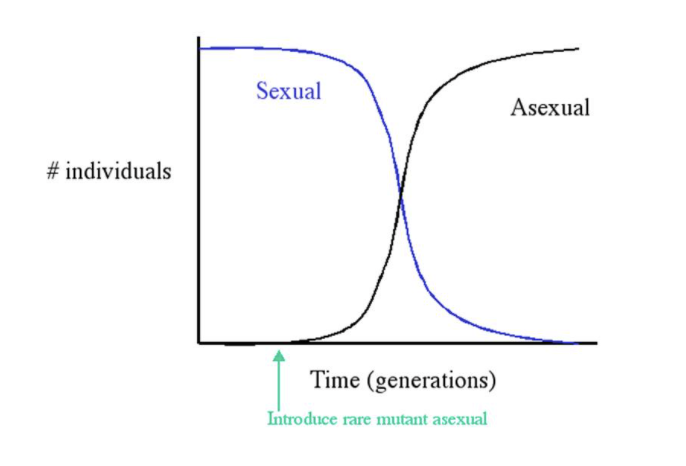
There are other costs as well — these include finding a mate which requires time and energy (took me twenty fuckin years), you are at risk of STIs (fingers crossed on that one), you only get to transmit half of your genes to your offspring and during sexual reproduction a lot of genes get swapped and shunted around so if you have a really banging genome (which you probably do because you lived long enough to reproduce) that’s going to be a real shame and your offspring might be totally shit.
But sex is nearly universal in plants, animals and fungi. So there have got to be some upsides right!? Otherwise why is thereso much sex about?
Well, okay, whilst I said that sex might break up your really good gene combination, it could also break up a bad one. OR it can prevent competition between two differentially advantages alleles.
WOAH FLORA. English please.
Basically, you have your genes and those come in lots of different types (I wanted to say flavours but I think that might be misleading — your genome doesn’t taste of anything sorry) and these different types are called alleles. For example, there is an allele for blue eyes and one for brown eyes so depending on which “type” of gene you have (which allele you have) you will express different traits (here — eye colour).
So imagine you have two asexually reproducing organisms. One of them is really good at finding food in its habitat. One is really good at avoiding being eaten. If you don’t have any way of those genomes combining, mixingand reshuffling— there’s going to be a competition between the good-finders and the good-avoiders.
If there are loads of predators about the good-avoiders will win and if there’s hardly any food about the good-finders will win, but what you REALLY WANT is a way of mashing them together so you can be both!
Then it’s no longer a competition between these two alleles that are both super useful and instead allows for a super-organism with both these fantastic genes.
I hope that made sense.
Also sex means that you can make brand new gene combinations. If you have a pathogen that really likes to infect your species, it is going to be very specialised to the most common form. If you can be new and novel and funky and fresh then the pathogen is going to have a harder time infecting you.
Of course the enemy can then catch up. If you are super rare and the pathogen can’t figure out how to infect you — you are going to do amazingly well! You can have sex with everyone and make fuckloads of babies and then oops suddenly your genes aren’t so rare anymore. So you are now common and the pathogen evolves to be more like you.
These are known as Red Queen dynamics from a fabulous Alice in Wonderland quote:
Now, here , you see, it takes all the running you can do, to keep in the same place.
These species are desperately evolving to stay ahead of their pathogens but nothing actually changes. There’s no trajectory here. They aren’t being pushed by evolution in a certain direction for long enough — they’re just trying to be a bit different from whatever came before.
This opens up a question as to how asexual species can persist ? Some species don’t have to reproduce asexually but they will if they need to. Sharks can do this — females can fertilise their own eggs without any males. Like this zebra shark.
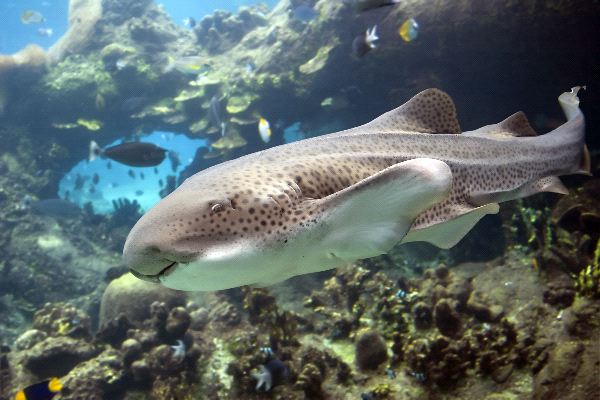
But what about species without any sexual lifestyle stages ??? These are known in the scientific literature as ancient asexual scandals (genuinely).
One example of this is a group of organisms called the Bdelloid rotifers. These are microscopic , soft-bodied , filter-feeding aquatic invertebrates and we have never, ever, evernot once ever found a male.
There have been around for FIFTY MILLION YEARS and there are over 450 different species and NO MALES AT ALL. This is the largest animal group with no males and yet they are incredibly successful. You can find them in almost every freshwater habitat in the world.
And it’s not that they don’t have pathogens — they have extremely virulent fungi that can wipe out whole populations of rotifers at once. So how have they not been wiped out?!
Well it seems that these rotifers have a trick up their sleeves. They are able to completely desiccate themselves for months or years. While they are in this totally dry state that can be picked up and dispersed by the wind. The pathogenic fungus LOVES its water and so cannot come with them as they disperse. Then they rehydrate and recover as soon as water comes back.
So instead of making new genotypes through sex — they make new genotypes through MIGRATION.
ISN"T THAT SNAZZY.
Hope you enjoyed this foray into the joys of sex!
Lots of love,
Flora xxx
